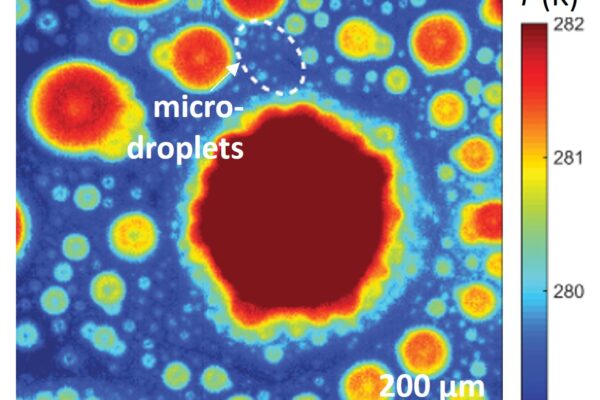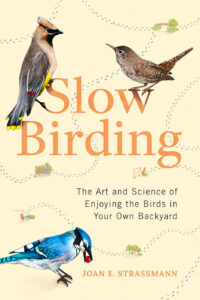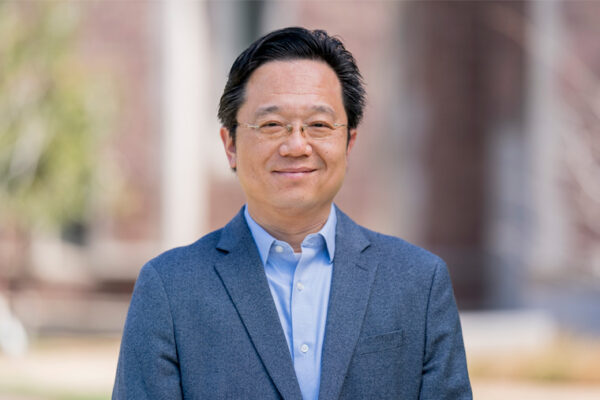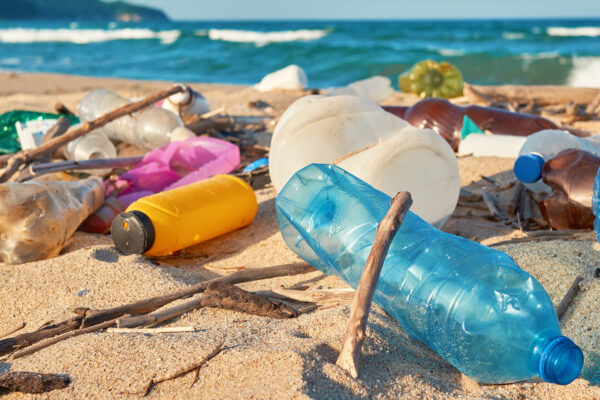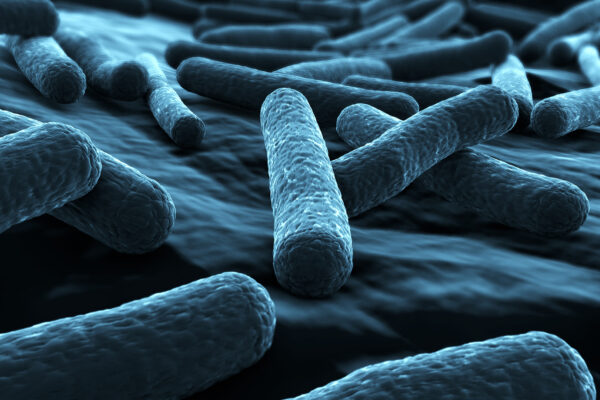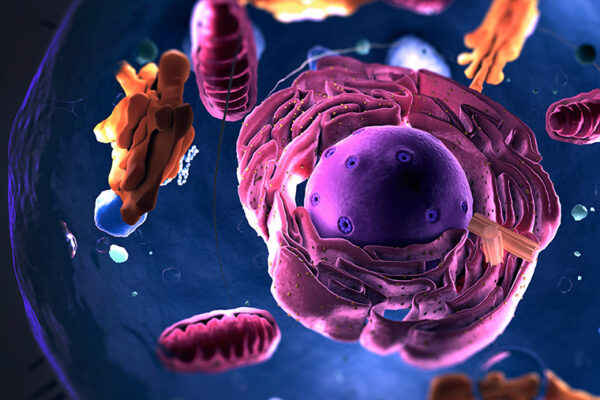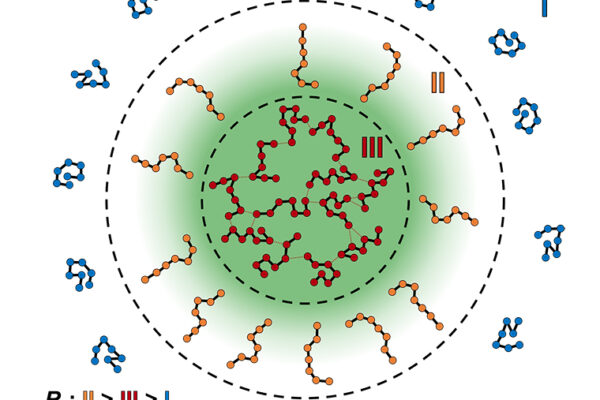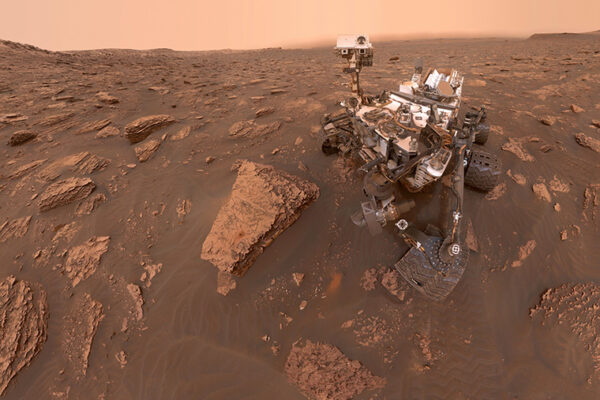Condensation key to climate-friendly power generation
Patricia Weisensee, an assistant professor at the McKelvey School of Engineering, won a $351,971 National Science Foundation grant to support a new study of condensation in fluid refrigerants.
Sustainability key focus in Neuroscience Research Building construction
The Neuroscience Research Building under construction on the Medical Campus will contain energy-efficient, low-energy research freezers in laboratories; electric charging stations in the parking garage; and numerous other sustainability-focused elements. The building is on track to achieve Leadership in Energy and Environmental Design (LEED) Gold certification.
2023 will be the year of the battery
Major advances in battery technologies will bring us a big step closer this year to large-scale renewable energy goals, international energy independence and a big reduction in greenhouse gases, according to Arts & Sciences’ Michael Wysession.
Slow Birding
The Art and Science of Enjoying the Birds in Your Own Backyard
In this inspiring guide to the art of slow birding, evolutionary biologist Joan E. Strassmann in Arts & Sciences tells colorful stories of the most common birds to be found in the United States — birds we often see but might not have considered deeply before.
Lu wins IEEE leadership award
Chenyang Lu, at the McKelvey School of Engineering, has received the Outstanding Technical Achievement and Leadership Award from the IEEE Technical Community on Real-Time Systems. Lu is internationally renowned for work in cyber-physical and real-time systems.
Nanoplastics produce unexpected reactions when exposed to light
A team of researchers led by Young-Shin Jun at the McKelvey School of Engineering analyzed how light breaks down polystyrene, the plastic from which packing peanuts and disposable utensils are made. They found that small plastic particles interact with neighboring substances more easily than previously thought, including with things like heavy metals and organic contaminants.
Beyond the average cell
Models based on an average cell are useful, but they may not accurately describe how individual cells really work. Molecular biologists use actual single-cell data to update the framework for understanding the relationship between cell growth, DNA replication and division in a bacterial system.
Organelles grow in random bursts
Far from orderly “brick-by-brick” assembly, the internal structures of cells are grown in stochastic bursts, according to physicist Shankar Mukherji in Arts & Sciences, author of a Jan. 6 study in Physical Review Letters.
Interfaces play important role in condensate behavior
A team of researchers, led by Rohit Pappu at the McKelvey School of Engineering at Washington University in St. Louis, focused on defining the features of condensate boundaries. They found that within condensates — molecular communities that make up the building blocks of life — the molecules’ organization resembles the hub-and-spoke structure of airports.
Experimentalists: Sorry, no oxygen required to make these minerals on Mars
Scientists at Washington University in St. Louis discovered that under Mars-like conditions, manganese oxides can be readily formed without atmospheric oxygen. The study from the laboratory of Jeffrey Catalano in Arts & Sciences was published Dec. 22 in Nature Geoscience.
Older Stories
